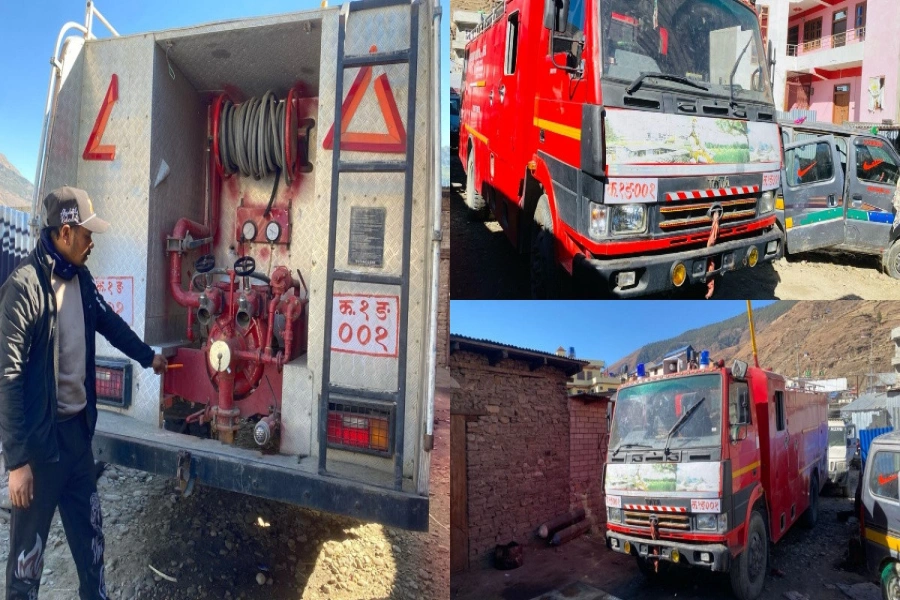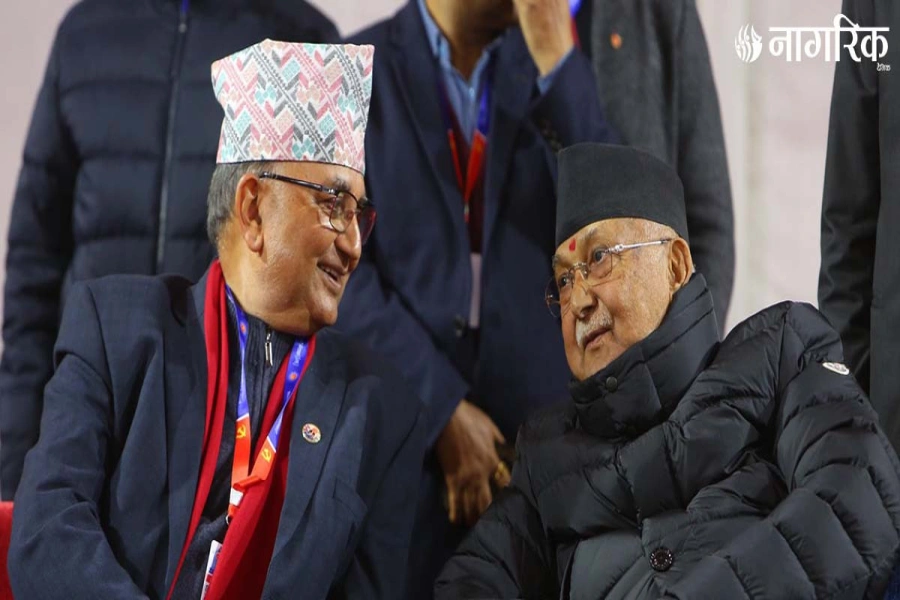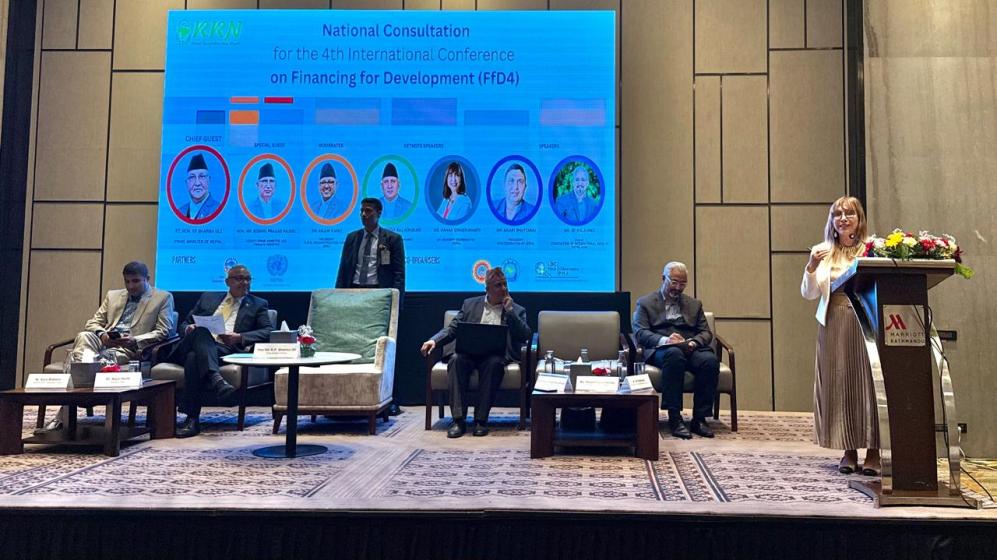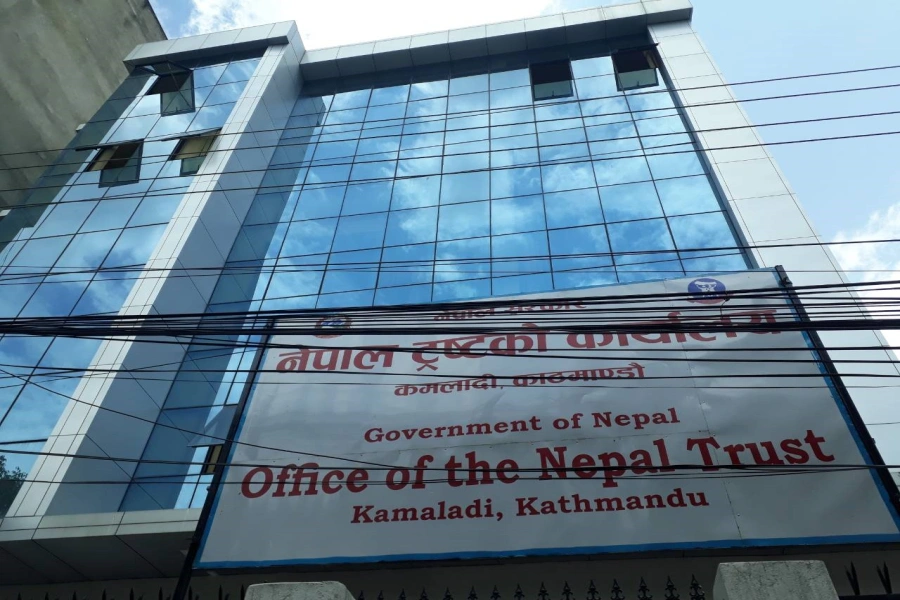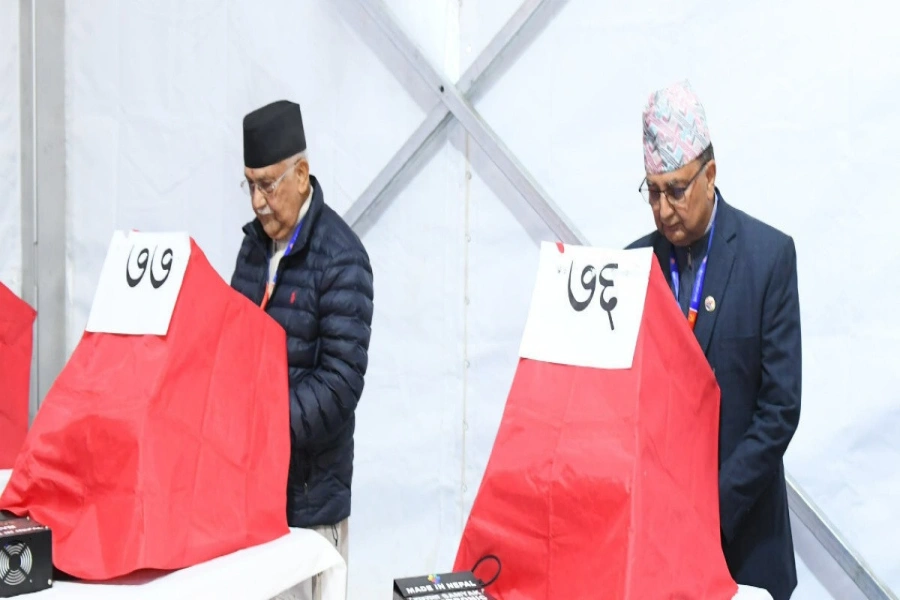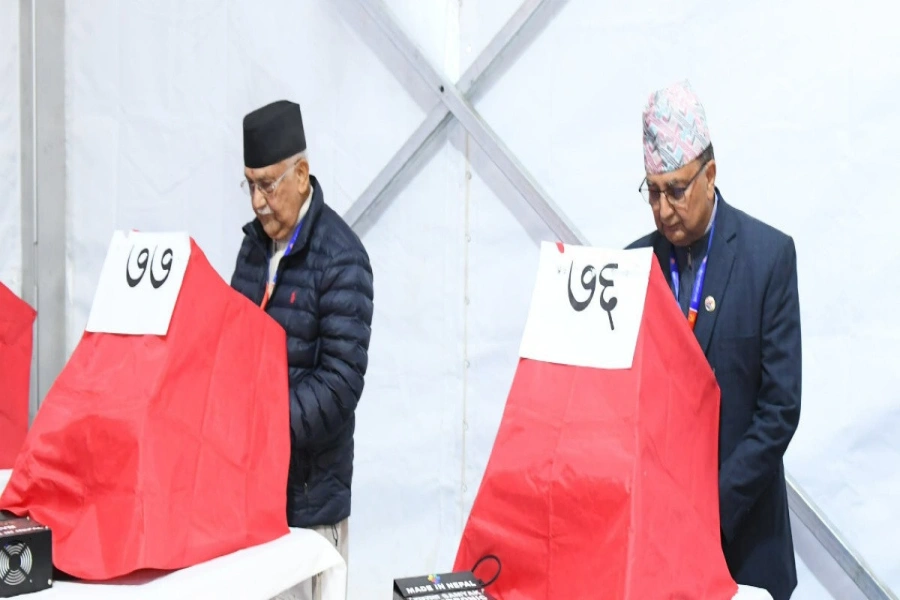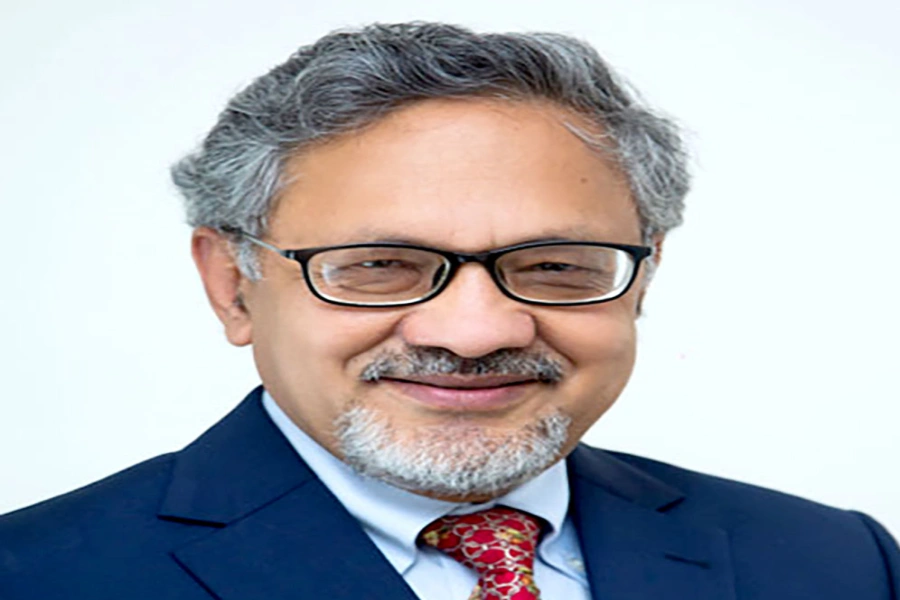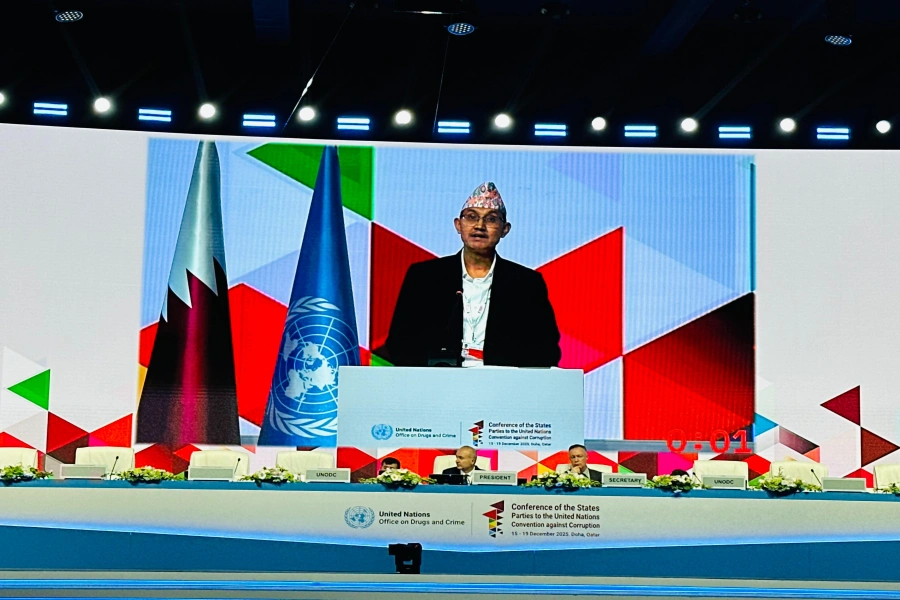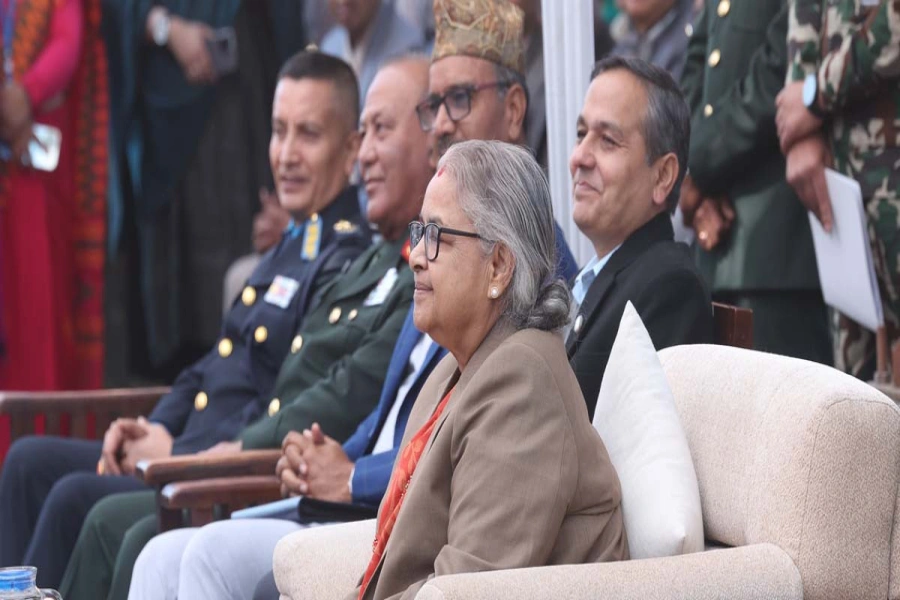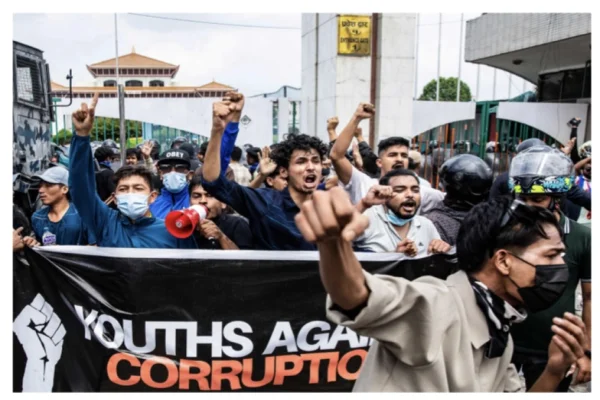In 2006, the success of Janaandolan II gave flight to the dream of a ´New Nepal´. Millions of Nepalis began to dream of a democratic state, many even began to be optimistic about not just political change but also social and economical; we believed we would now throw away shackles of gender-based and caste-based discrimination, that the only way for the economy, which had taken a huge hit in the years of conflict, was up, and that it will all contribute to a better way or standard of life for all Nepalis.
However, this dream would not materialize overnight. Even at the height of euphoria in 2006, Nepalis in general were not too naïve and understood a New Nepal, like Rome, could not be built in a day. So we were prepared to wait for a reasonable amount of time. This period of waiting during which, the transformation from a kingdom into a republic, from conflict to peace, and exclusion-based society to inclusion-based society was supposed to take place, became known as the transition period for Nepal.
We are now facing two major problems with our period of transition – first it lacks planning, and secondly it seems to be on for an unconditional and, what seems to our rapidly fading hopes, an infinite period.
Just because we are working toward and planning for a New Nepal does not mean we do not plan and do nothing about the ´Meantime´ Nepal. Even though we have decided to write a new constitution and get rid of the old one does not mean we do not have any constitution to govern the country in the meantime. Just as we formulated the Interim Constitution to manage the transition from one constitution to another, in the same way similar plans are needed in all fields whether it concerns the economy or local governance.
While changing from one rule of law (the old law of the land) to a new rule of law (that governing a democratic country) we need to have a meantime rule of law, not chaos and impunity as unfortunately seems to be the case.
Take the economic state of the country – capital is in flight, liquidity crunch is an ongoing plague, the NEPSE is hovering around an all time low of 300 (from being as high as 1,170 at one point of time immediately after Janaandolan II), the value of land has plummeted, food products like everything else such as petroleum have become extremely expensive and economic activities have virtually ground to a standstill.
Last year´s budget saw the light of day in mid-February this year, six months after when it should have come on schedule – July 2010. As we head toward another budget deadline, politicians and government officials have come forward to reiterate their commitment for bringing forward the budget on time this time around ´no matter what´. However, the trends of years past have made us wary and reassurances have begun to ring hollow.
A fiscal policy which is supposed to guide all economic activities seems sadly missing. The government has a lot on its hand – what with constitution writing and its related missed deadlines. However, that does not mean that everything else is expected to carry on without a plan. Budget for development activities have not been mobilized and if they have, they have been swallowed greedily by politicians and party-appointed bureaucrats and very little, if anything, has trickled down.
Cases of millions of rupees being swindled by a small number of individuals have surfaced multiple times over the past two years. Hundreds of lives have been adversely affected and yet the culprits are still at large. The very ease with which the cons were pulled off and the equal ease with which the accused have fled indicates a serious weakness in the governance of the state.
Just as our economy and development seems to be in a state of limbo so does law. Impunity seems to be progressing rapidly. Just this past week, a person who had been arrested on charges of publicly claiming to have, under his protection, a suspect embroiled in an assault case against a journalist, received a hero´s welcome when he was released by the police; the release which came after his allies and affiliates across the country threatened to carry out nationwide bandas. The suspect is still at large and his supporters continually claim his innocence without him materializing for a legal resolution of the case.
Such blatant flouting of rule of law is just one of the myriad examples of impunity. Cases of corruption against politicians and most notably their relatives have been covered extensively by the media. However, they have all fizzled out and no strong measures could be taken against them.
Local level elections are in a state of suspension and political appointees, accountable to their respective political parties, and not the public and the institution, are running and swindling local governmental offices and very little progress is happening at the local level. Educational institutions like everything else and perhaps most dangerously are filled with political appointees and affiliates.
The political transition is progressing and it has monopolized all attention. Yes, political parties have become more democratic in comparison to their earlier compositions – due to intra-party elections, political rights such as equal rights for women and disadvantaged groups are slowly becoming a reality and hundreds of years of social discrimination are slowly but steadily waning due to political efforts. However, as seems to be the justification given by almost all political leaders, the constitution-making process, army integration and peace are such important tasks that we cannot afford to pay attention to the nitty-gritty of day-to-day problems like water shortage, load shedding and food prices; so noble is our dream of a new constitution that we must learn to sacrifice some things in the meantime. But who says we have to? In a conversation I had over this very issue, a colleague (Dr Sargar Prasai) said there are designated agencies – the police, the bureaucracy, the ministries, the legal system, the departments, who are responsible for taking care of less day-to-day issues (which are considered less lofty than issues such as the constitution drafting) such as electricity and rule of law. Why are they not functioning smoothly?
There is a state of utter chaos and a few are taking advantage of it. Nepalis were and are willing to work through a transition with the hopes of living in a New Nepal at the end of it. The idea is to plan and work through a transition, not let chaos reign. What I am afraid of is that we might become the lost generation of Nepal – the one that had to live through a transitional phase of uncertainty and lawlessness. But what is even scarier that with each passing deadline, this ´transition´ seems to elongate and soon our children and their children too might come under the ´lost generation´.
Writer is Executive Director of Niti Foundation, a policy research funding institute
Nepal Telecom initiates transition from copper wire service to...





